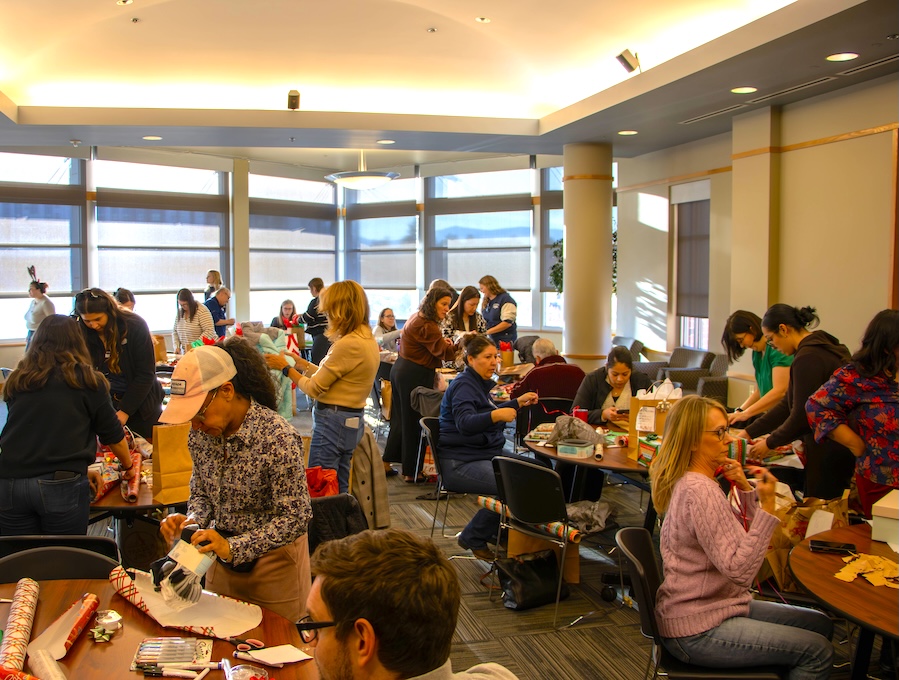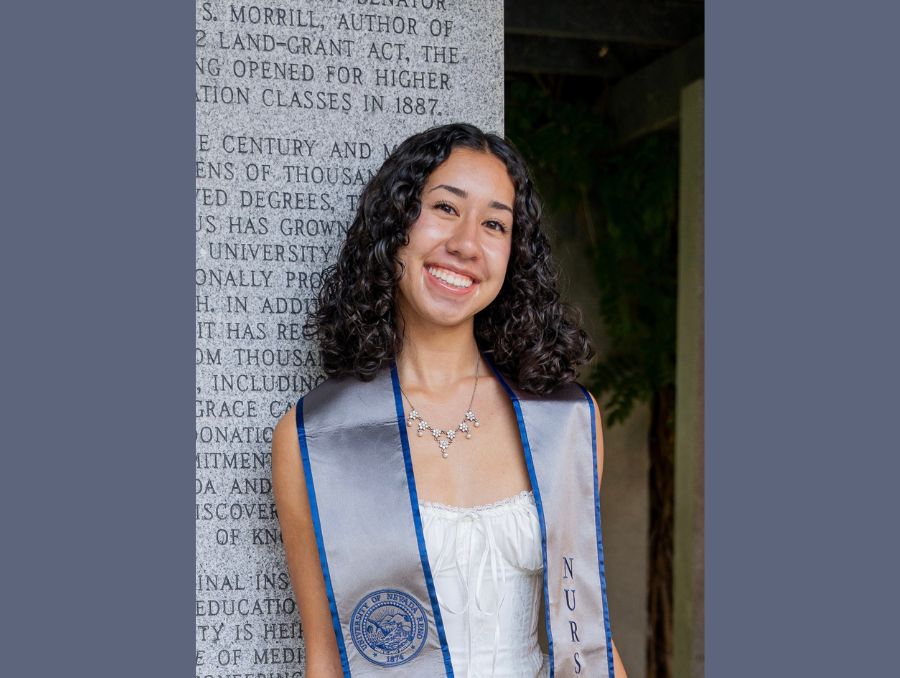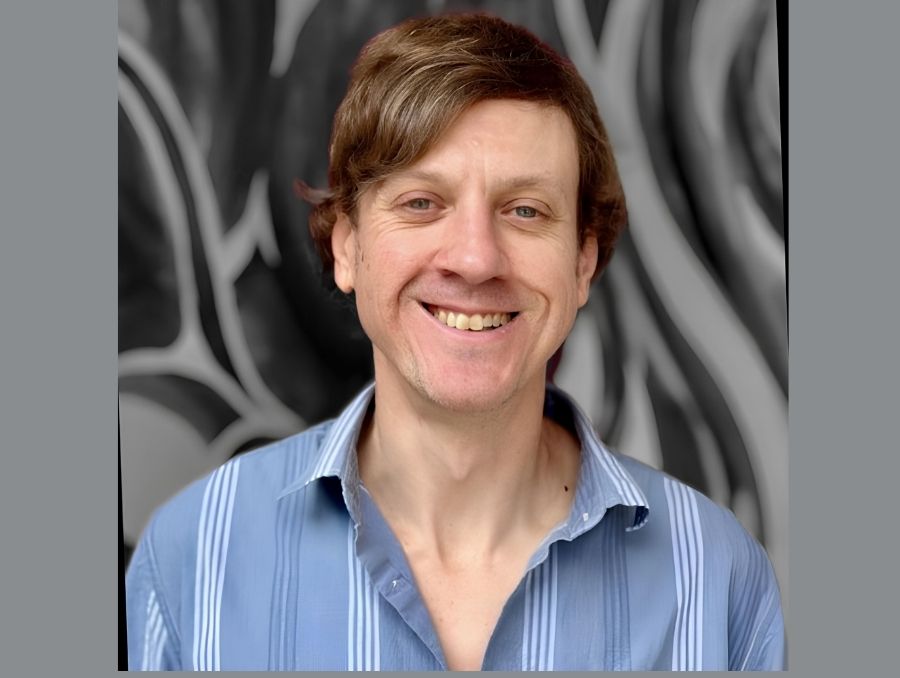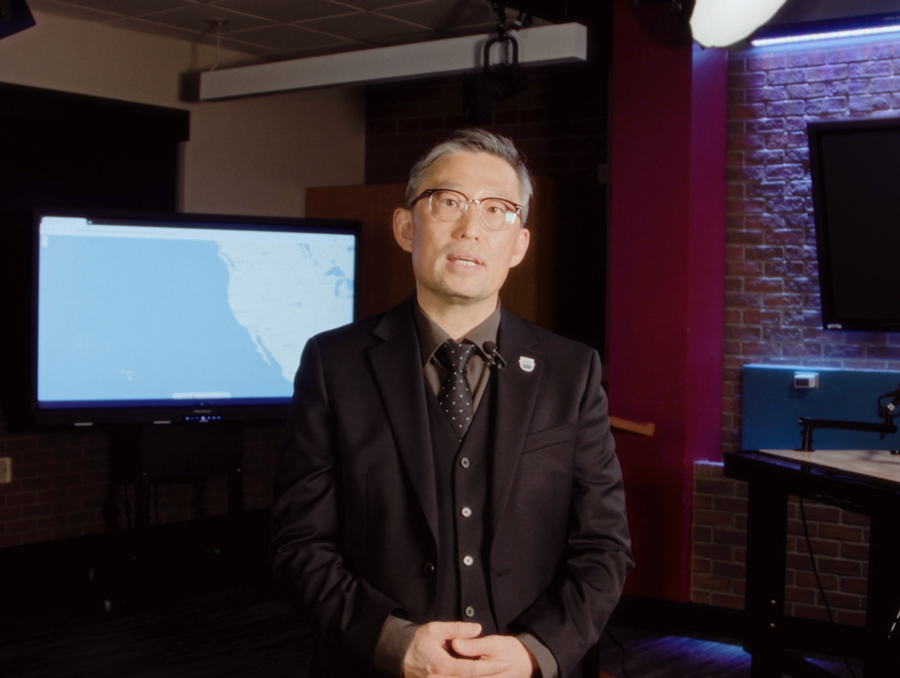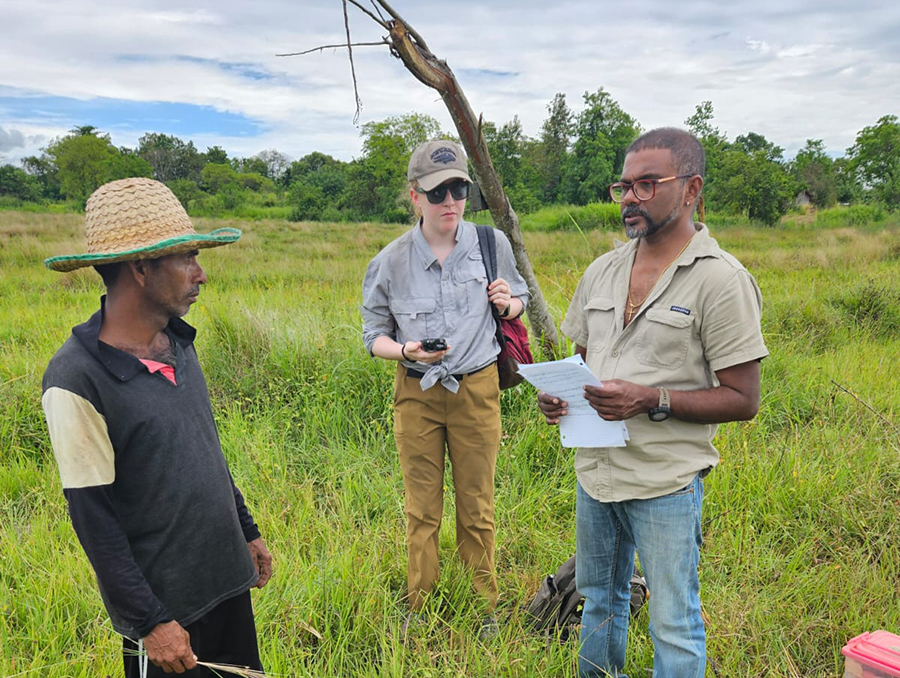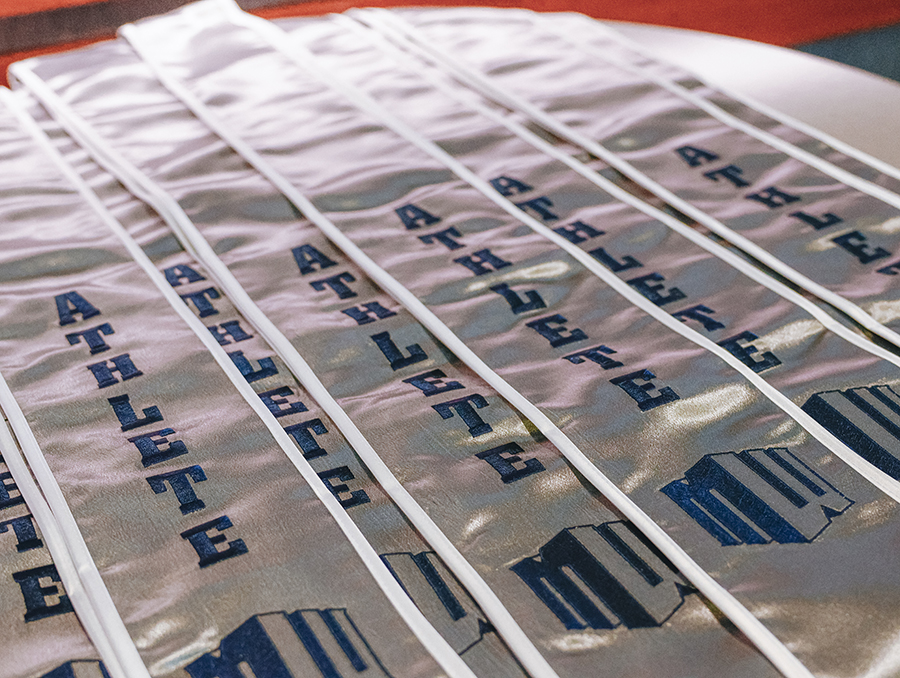The head is a little grayer now, and the walk is a little slower.
Yet at age 63, Michael Coray is still a formidable presence on our campus, whether it is in a meeting or in a private conversation.
Twenty-seven years ago next fall, his classroom in Mack Science Social was the first college classroom I had ever sat in.
I was a freshman, and more than a little nervous about taking History 101 from Dr. Michael Coray.
It was a hot August morning, and my back was already perspiring against a hard classroom chair.
Perspiration became one of the constants of History 101. Not because I was scared. That wore off rather quickly. Instead, the perspiration came because of Coray’s unique ability to challenge, to make you question the modern historical narrative.
“The reality,” he recently told me, remembering those days in the classroom, “is that you want people to think for themselves; you want to challenge them, and you want for them to challenge you.”
History had never been a give-and-take experience like the way it was in Michael Coray’s class.
Certainly, he could be demanding. We took our examinations in “blue books” back then, and I spent the entire semester cramming into the wee hours of the morning, frantically making sure that my knowledge of American history would be substantial enough to fill an entire blue book in the frenzied 50 minutes I had to write during one of Dr. Coray’s exams.
More than the blue books, though, I remember wonderful moments of clarity, where Dr. Coray’s brow would furrow as he bore down on you, asking you to explain one of your preconceived notions about history. He would listen respectfully, purse his lips and tilt his head in an approving manner if you were on the right track.
The hardest part was remembering the names of the people I had never heard of before, those that were, until I took his class, utterly invisible to me.
What he taught me forever changed how I viewed history.
To a historian like Michael Coray, history is never stale and stagnant. It evolves. It has dynamism. It is real, and is populated by people of all ethnicities, all colors, from countries far outside America’s borders and enclaves from within our Republic.
High school history had taught me the names of Benjamin Franklin and Thomas Jefferson and FDR. Yet it was Michael Coray who taught me the names of Marcus Garvey, Langston Hughes and W.E.B. DuBois.
Today, as I hear the speeches of Barrack Obama, I hear the words of DuBois.
Without Coray, my sensitivities would have never been heightened enough to compare two important figures in the history of our country, contrasting their words. Without Coray, I would never wonder why one of these men could run for president while the other would write with an aching yearning if that day would ever come, how one went to Africa to find his past … while another saw Africa as a key to America’s future.
“Those wonderful ‘light bulb’ moments,” Coray said. “I’ve always been interested in what my students have had to say … but I’ve also been interested in what happens to me, as I’m listening, because I get new ideas from a student who challenges me or makes me re-think one of my own preconceived notions.
“That’s a wonderful dynamic. It’s what teaching is all about to me. And that’s why I want to return to the classroom – those inspiring moments when someone says something and my mouth drops open, and I say, ‘Wow. What you’ve said is incredible.’”
On Monday, Coray announced that he would be stepping down from the post that he has ably manned for the past 18 years, as the Special Assistant to the President for Diversity.
For an intensely private man, the position has been a remarkable testament to his ability to bring diverse groups together.
When then-President Joe Crowley appointed Coray as the institution’s first Special Assistant to the President for Diversity, Coray took it upon himself to bring hard topics to the table.
They were topics that often times people didn’t want to hear. Yet they were important topics, particularly as the University began an unprecedented growth spurt in the late 1990s.
“Diversity is not a one-way street,” said Coray, who came to Nevada in 1972. “It’s a community. That’s always been a key for me: bringing voices to the table that otherwise might not have been heard.”
Coray will step down from his post on July 1. Following faculty development leave for 2008-2009, he will return to the classroom in the Department of History.
Students have changed a lot in 18 years. And Coray has seen the novel ways that instructors today connect with the first generation that has experienced a culture of multimedia saturation.
“It’ll be an interesting adjustment,” he said, noting that he plans to visit the classrooms of many of Department of History’s instructors, to take notes and to observe how, say, the talented Scott Casper makes 18th-century diaries written with ink-stained quills come alive to the iPod generation. “I do know that I’m probably 100 percent wiser than when I left the classroom 18 years ago. The test will be how I manifest that wisdom.”
The bet here is that he will manifest that wisdom as he always has, in ways both magical and memorable to his students.
A little perspiration on the students’ part probably wouldn’t hurt, either.


